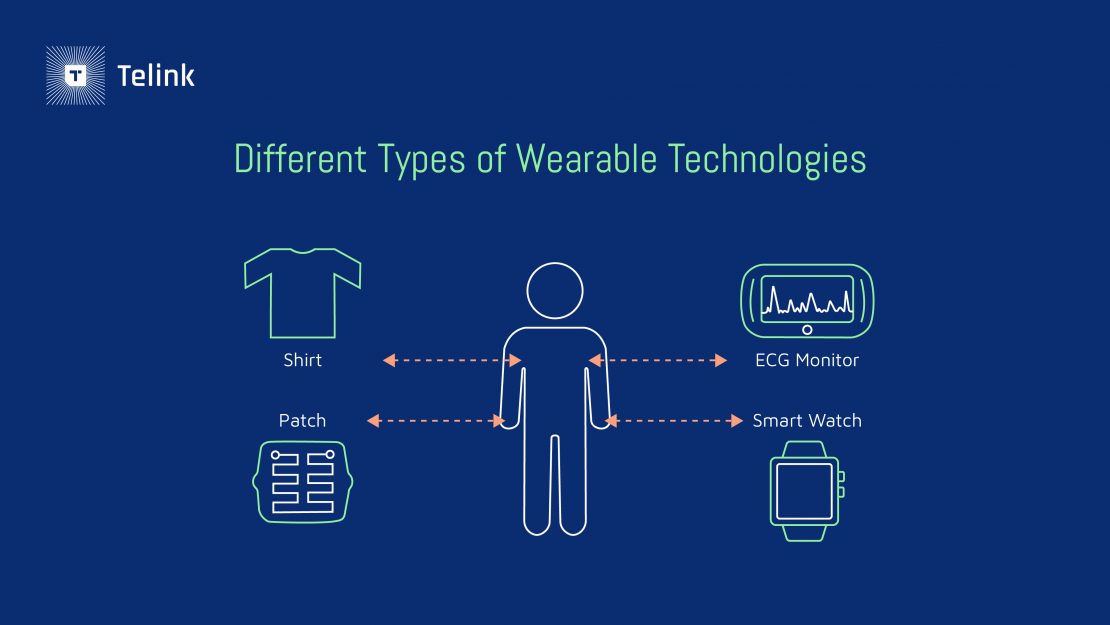|
The digital economy is rapidly reshaping industries around the world, fueled by advancements in technology. In this era of connectivity, businesses are leveraging digital tools and platforms to streamline operations, enhance productivity, and create new opportunities for growth. One of the key drivers of the digital economy is the internet. With billions of people connected globally, the internet has become a powerful medium for communication, collaboration, and commerce. It has enabled the rise of e-commerce, allowing businesses to reach customers across borders and operate without physical limitations. Online marketplaces and platforms have emerged, serving as intermediaries between buyers and sellers, facilitating transactions and driving economic activity. Another transformative aspect of the digital economy is the proliferation of data. With the advent of big data analytics and artificial intelligence, organizations can harness vast amounts of information to gain insights, make informed decisions, and personalize experiences. Data-driven technologies are revolutionizing various sectors, from finance and healthcare to transportation and entertainment. Furthermore, the digital economy has given rise to innovative business models. Sharing economy platforms such as Uber and Airbnb connect individuals with underutilized resources, creating new sources of income and changing traditional notions of ownership. On-demand services have become commonplace, providing convenience and efficiency for consumers while offering flexible work opportunities for individuals seeking alternative employment. In addition, emerging technologies like blockchain and the Internet of Things (IoT) are poised to further transform the digital economy. Blockchain technology, with its decentralized and secure nature, has the potential to disrupt industries such as finance, supply chain management, and intellectual property rights. Meanwhile, IoT devices are connecting everyday objects, generating massive amounts of data and enabling automation and optimization in various domains. However, the digital economy also presents challenges and concerns. Cybersecurity threats have increased in sophistication, requiring organizations to invest in robust measures to protect their digital assets and customer data. Privacy issues have come to the forefront, with debates around data collection, usage, and ownership. Moreover, the digital divide remains a significant issue. While access to technology and the internet has expanded, there are still disparities in connectivity and digital literacy, particularly in developing regions. Bridging this gap is essential to ensure that everyone can participate in and benefit from the digital economy. In conclusion, the digital economy is reshaping industries and creating new opportunities for businesses worldwide. With advancements in technology, organizations can leverage connectivity, data analytics, and emerging technologies to drive innovation, improve efficiency, and meet evolving customer demands. However, it is crucial to address challenges such as cybersecurity and the digital divide to foster a sustainable and inclusive digital economy for all.  |
